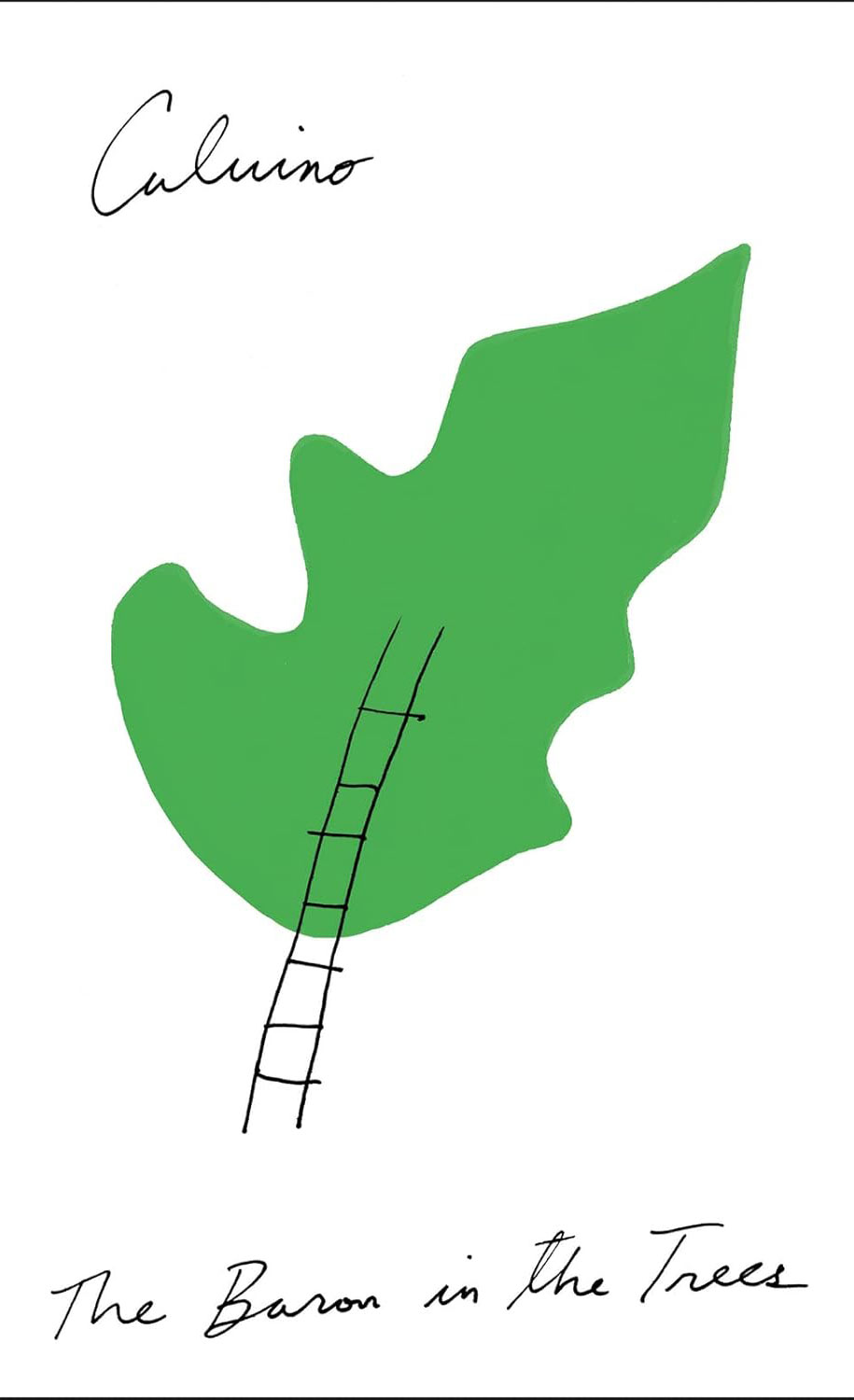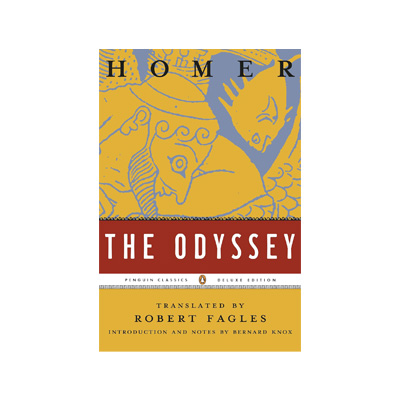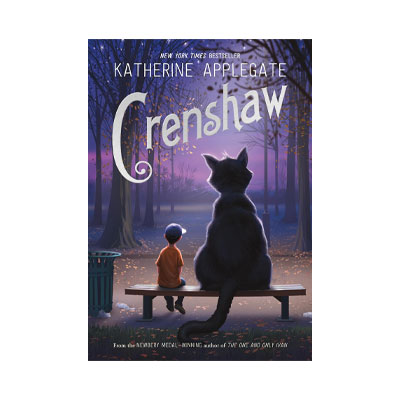Book Summary
Italo Calvino, in a remarkable book that captivates the reader's mind for a long time, discusses what lies behind the knowledge, sights, and sounds of humanity. "The Baron in the Trees" raises questions in the audience's mind from the very beginning, such as how one can escape from people while maintaining a connection with them? Or how can one reject their outdated beliefs while simultaneously creating a new life for them with their help?
The main character's name is Baron Cosimo, and Calvino masterfully answers these questions through the life of this character, not directly but through the elements that constitute his life and decisions. Unlike inactive and talkative people, the Baron does not indulge in advice or rhetoric; instead, he demonstrates to others through actions arising from his will that everything is attainable, provided one is willing to strive for it and not make excuses.
Many critics consider "The Baron in the Trees" not only one of Calvino's best works but also one of the significant masterpieces of world literature, primarily due to the ultimate aim of this written work, which seeks to create a world that can only exist through the continuous and tireless efforts of humanity.
One reason for the book's title is the method the Baron chooses for his life; to view the world from a different perspective than ordinary people, he selects the treetops as his residence. Perhaps the Baron is tired of the old order of the world, but he never attempts to distance himself from people; rather, his main desire is to create a new model of life and dynamism that occurs by looking inward at humanity and its capabilities. Thus, it seems real, achievable, attractive, and desirable.
About the Author
Italo Calvino was an Italian novelist and short story writer born on October 15, 1923, in Cuba. His parents were botanists, and after his fifth year, he immigrated to Italy, where he spent a significant part of his life. Calvino graduated in literature from the University of Turin at the age of 24 and began working professionally in journalism and writing. His collaboration with communist and Marxist publications is among his notable experiences, including his meeting with Ernesto Che Guevara during a trip to Cuba. Calvino is considered one of the recipients of France's prestigious literary award and passed away in 1985 due to a brain hemorrhage in Siena, Italy. Many of his works have been translated into Persian, including: "Italian Folktales," "The Nonexistent Knight, "Cosmicomics," and "If on a Winter's Night a Traveler."
Who Should Read the Book?
It is recommended for those interested in reading a book that offers a different perspective on life and changes in worldview to consider "The Baron in the Trees."





















